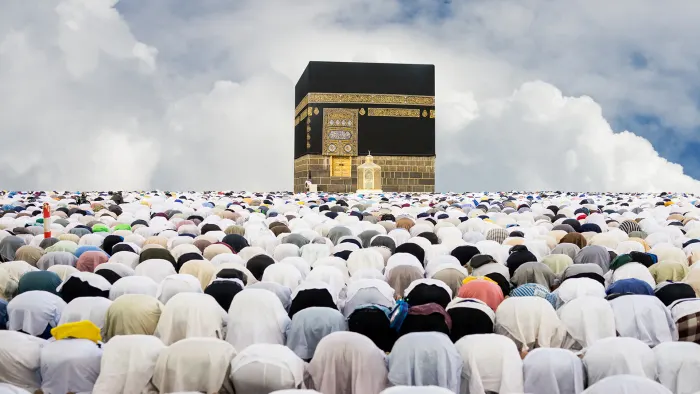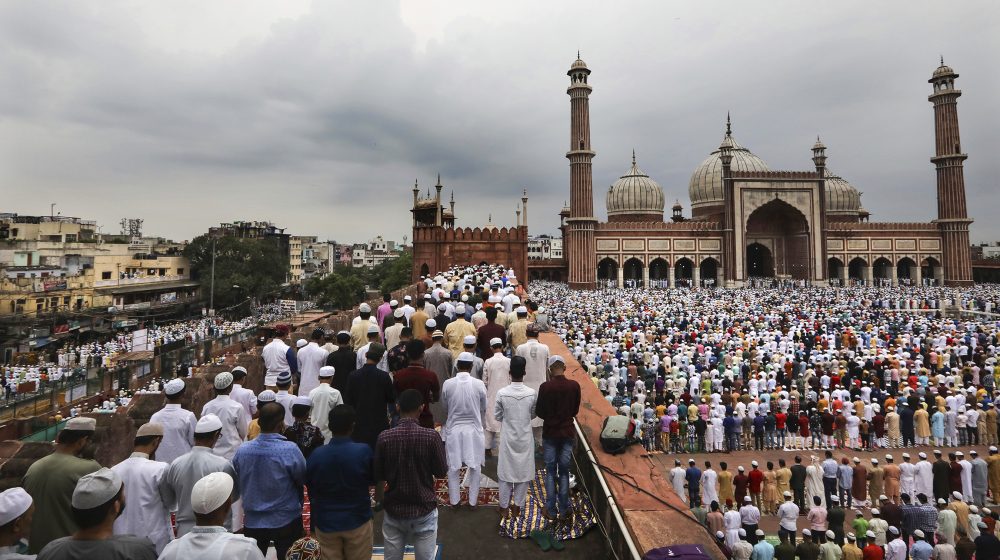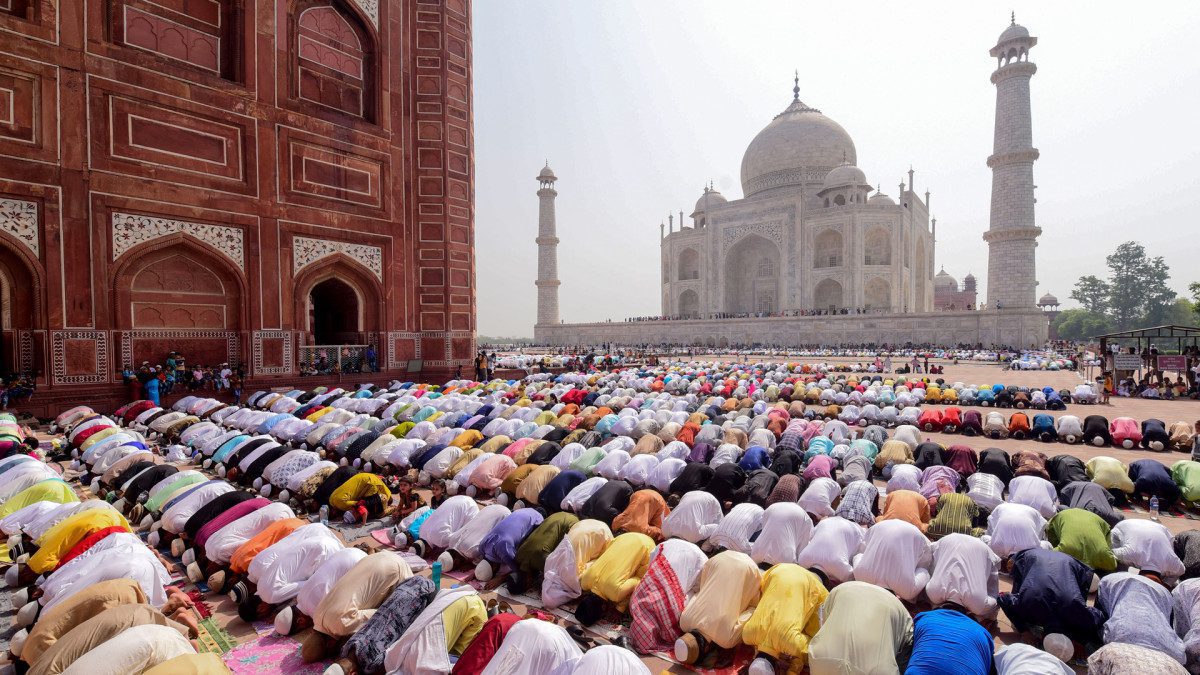Eid al-Adha, also known as the “Festival of Sacrifice,” holds a special place in the hearts of Muslims worldwide.
This significant Islamic holiday is a time of deep reflection, communal prayers, and the spirit of giving. Let’s delve into the essence of Eid al-Adha, its dates, traditions, and the meaningful ways in which it’s celebrated.
When is Eid al Adha
Eid al-Adha is based on the Islamic lunar calendar and falls on the 10th day of Dhu al-Hijjah, the last month of the Islamic lunar year. The dates vary each year and are subject to moon sightings. Here are the upcoming dates for the next few years:
Celebrating Eid al-Adha:
Eid al-Adha is a time of spiritual reflection, worship, and celebration. Here’s how Muslims around the world celebrate this meaningful occasion:
Prayer: Muslims begin their day with a special congregational prayer known as the “Eid Salah.” This prayer is often performed in open fields, mosques, or community centers.
Sacrifice: Many families who can afford to do so perform the act of sacrifice, which involves slaughtering an animal (usually a sheep, goat, cow, or camel) as a symbol of Prophet Ibrahim’s willingness to sacrifice his son. A portion of the meat is distributed to the less fortunate.
Charity: Giving to those in need is a central aspect of Eid al-Adha. Muslims are encouraged to donate to charitable causes and support the less fortunate in their communities.
Feasting: Families and friends come together to enjoy festive meals that include a variety of dishes, often prepared using the meat from the sacrificial animal.
Unity: Eid al-Adha fosters a sense of unity among Muslims as they gather to pray, share meals, and engage in acts of charity together.
Eid al-Adha Dates:
When is Eid al Adha 2023
Eid al-Adha 2023 begins in the evening of Wednesday, June 28 and ends in the evening of Thursday, June 29, 2023.
When is Eid al Adha 2024
Eid al-Adha 2024 begins in the evening of Sunday, June 16 and ends in the evening of Thursday, June 20, 2024.
When is Eid al Adha 2025
Eid al-Adha 2025 begins in the evening of Friday, June 6 and ends in the evening of Tuesday, June 10, 2025.
When is Eid al Adha 2026
Eid al-Adha 2026 begins in the evening of Tuesday, May 26 and ends in the evening of Saturday, May 30, 2026.
Eid al-Adha Quotes:
“And We ransomed him with a momentous sacrifice.” – Quran, Surah As-Saffat, 37:107
“Do not let your difficulties fill you with anxiety; after all, it is only in the darkest nights that stars shine more brightly.” – Imam Ali (AS)
“The best charity is that given to a relative who does not like you.” – Prophet Muhammad (SAW)
“None of you truly believes until he loves for his brother what he loves for himself.” – Prophet Muhammad (SAW)
“When you pray, don’t talk to God – talk to your heart.” – Sheikh Abdul Qadir Jilani
The Story of Eid al-Adha
In the Quran, Ibrahim has a dream in which Allah commands him to sacrifice his son, Ismail, as a sign of obedience to God. In the writing, Shaytaan, or Satan attempts to confuse Ibrahim and tempt him to not go through with the act, but Ibrahim drives him away.
However, as Ibrahim is about to kill Ismail, Allah stops him, sending the Angel Jibreel, or Gabriel, with a ram to sacrifice instead. The commemoration of the Adha, which is Arabic for sacrifice, takes place on the final day of the Hajj pilgrimage, the fifth pillar of Islam.
How Eid al-Adha Is Celebrated
Because Ibrahim was allowed to sacrifice a ram instead of his son, Eid al-Adha is traditionally celebrated on its first day, by those with means to do so, with the symbolic sacrifice of a lamb, goat, cow, camel or other animal that is then divided into threes to be shared equally among family, friends and the needy.
Muslim worshippers typically perform a communal prayer, or ṣalāt, at dawn on the first day of the festival, attend Mosque, donate to charities and visit with family and friends, also exchanging gifts.
history.com



